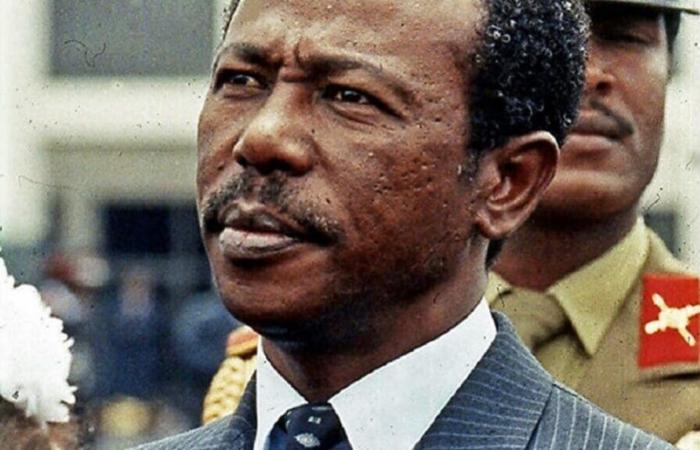Have time and circumstances favored former Ethiopian military leader Mengistu Hailemariam, now in exile? The latter holds the record for the longest stay of a deposed African head of state in exile.
Former Chadian President Hissène Habré, who died in Dakar in August 2021 after 31 years of exile in Senegal, previously held this record. But Mengistu, who ruled Ethiopia from 1977 to 1991, still seems to remain in exile in Zimbabwe, far from view and judgment, despite accusations of serious crimes brought against his military regime, the DERG, during this dark period. of Ethiopian history.
Since his overthrow in the early 1990s, Mengistu, now 87, has survived multiple assassination and extradition attempts, escaping justice for what many Ethiopians consider one of the most horrific chapters of their history: the years of the Red Terror.
The former dictator found refuge in Zimbabwe, where he was welcomed as a guest of ex-president Robert Mugabe, and continues to enjoy a life of luxury, protected by the regime of his former ally, the current President Emmerson Mnangagwa.
Mengistu has lived quietly in Zimbabwe for more than 30 years, and his existence there remains shrouded in mystery. Since an assassination attempt in 1996, followed by a series of extradition failures and a medical stay in South Africa in 1999, information on his life has been rare. Zimbabwean authorities, including security services, continue to watch over him, taking no chances after the would-be assassin failed to reach him in Harare. The latter, a man who accused him of torture, explained in court that he was seeking revenge for atrocities committed under the DERG.
During the Mugabe years, Mengistu held a public position, advising the Zimbabwean government on security matters. Some sources even claim that he chaired meetings in preparation for Operation Murambatsvina in 2005, aimed at destroying slums across the country, an initiative which sparked strong protests. However, some members of the government have denied his role in orchestrating this controversial operation.
Human rights activists continue to debate the exact number of victims of the Red Terror years, but estimates put hundreds of thousands dead, victims of massacres of political dissidents, students, rebels or other opponents, often left for dead on the public highway. Mengistu was also harshly criticized for his handling of the devastating famine of 1984-1985, which claimed the lives of more than a million Ethiopians, while he remained largely insensitive to the suffering of his fellow citizens.
-In 2022, Mnangagwa’s government opened the door to the possibility of Mengistu’s extradition, citing an appropriate response if the Ethiopian government requested it. However, to date, no official request has been made by Addis Ababa, as the Ethiopian government is more focused on crucial internal issues than pursuing the former dictator.
An informed source in Addis Ababa indicated that the two governments of Ethiopia and Zimbabwe do not consider Mengistu’s extradition a priority. In 2018, former Ethiopian Prime Minister Hailemariam Desalegn even sparked controversy by posting a photo next to him, showing a seemingly friendly smile, before quickly removing the image.
Zimbabwe, which initially refused to extradite Mengistu due to his refugee status under the UN convention, saw a change in tone with the announcement by ex-Foreign Minister Frederick Shava in 2022 However, this position could evolve, given the complex political dynamics surrounding the asylum of former African leaders.
This case highlights the justice challenges for former dictators, whose countries of asylum, often motivated by political interests, are reluctant to hand them over to international justice. The Mengistu situation thus illustrates the tensions between diplomacy, international relations and the quest for responsibility for the atrocities committed by these regimes.
Will Zimbabwean authorities resist extraditing Mengistu, or will coming political changes cause them to re-evaluate the decision, finally allowing one of the last exiled dictators to be held accountable for his actions? Only time will tell.
WN/as/fss/te/APA






